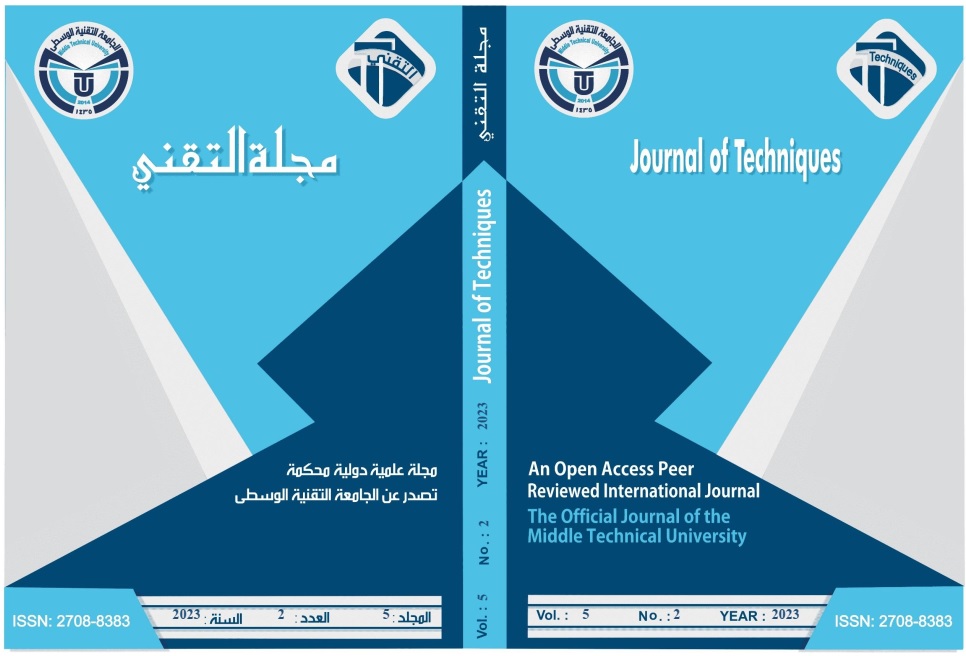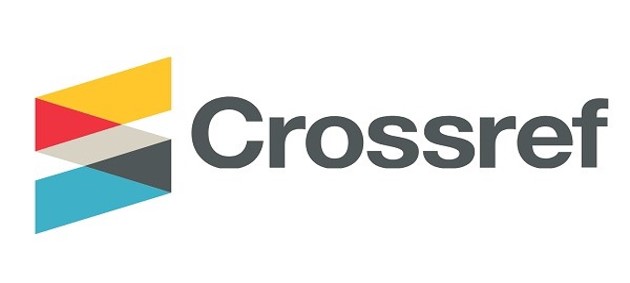The Shift Towards Balancing Programs and Performance and its Role in Improving Government Performance in Iraq
DOI:
https://doi.org/10.51173/jt.v5i2.1234Keywords:
Item Budget, Programs and Performance Budget, Budget Policy, Efficiency, State ProgrammersAbstract
The research aims to examine the level of familiarity and understanding of PPBS program budget and performance by financial managers, accountants and bankers working in public sector institutions, and measure the contribution of the accounting system followed by public sector institutions to successfully adopt PPBS, while highlighting the benefits that can be obtained during the adoption of PPBS in improving government performance In addition to presenting a proposed model for balancing programs and performance in Iraq, and exploring the technical challenges that can be faced when implementing the program and performance balancing system in public sector institutions. The second section of the research was designed to measure the attitude of the selected sample towards four axes, which are the degree of familiarity with the program budget and performance, the degree of contribution of the accounting system to the adoption of PPBS, the advantages of implementation or the application of PPBS, and the obstacles faced by financial managers, accountants and bankers to adopt PPBS. A five-level Likert scale was used. To describe the situation. The research concluded that despite the problems in implementing PPBS in public sector organizations, there is significant support from respondents for PPBS as a superior approach to allocating funds. government performance.
Downloads
References
Jafer., et al (2010). Possibility of Applying Program and Performance Budgeting in the Authority of Palestine- A Case Study: The Authority Budget (2008-1998). Unpublished master dissertation, Commerce College, University of Sudan for Science and Technology, Khartoum, Sudan.
2.Qi, Y. X., & Mensah, Y. M. (2012). An Empirical Analysis of the Effect of Performance-Based Budgeting on State Government Expenditures. https://www.researchgate.net/profile/Yaw_Mensah/publications. Article in SSRN Electronic Journal • April 2012.
3.Schick, A. (2007). Performance Budgeting and Accrual Budgeting: Decision Rules or Analytic Tools. OECD Journal of Budgeting, 7(2), 109-138. https://doi.org/10.1787/budget-v7-art11-en
Shah, Anwar, (2007)''budgeting and budgetary institutions'' The International Bank for Reconstruction and Development , The World Bank, Washington ,
Shin, Sang Hoon, (2013), "Dysfunctional consequences of the Korean performance budgeting system and their policy implications" Diss. University of Birmingham
Ouda, H. A. (2013). Suggested Framework for Implementation of Performance Budgeting in the Public Sector of Developing Countries with special focus on Egypt. International Journal of Governmental Financial Management, 13(1), 50. Quoted from Robinson, Marc and Last, Duncan (2009).
7.Abdel-Karim, Nasr, (2016) Evaluation of the Palestinian National Authority’s Efforts to Shift to Budgeting Programs, Palestinian Economic Policy Research Institute (MAS) (Palestine)
Kumar, K., & Praveen, P. (2012). Budgeting in Municipal Governments with Oracle Hyperion Public Sector Planning & Budgeting. AST Corporation, 1-8.
Mahmudi, & Mardiasmo. (2005). Local Government Performance Measurement In The Era of Local Autonomy: The Case of Sleman Regency Yogyakarta. Journal Sosiosains, 17(1), 117-133.
Allen, Richard and Daniel Tommasi, eds. 2001. Managing Public Expenditure: A Reference Book for Transition Countries. Paris: OECD Publications.
Anderson Ph., Anderson C. S., Velandia-Rubiano A.( 2010). Public Debt Management in Emerging Market Economies: Has This Time Been Different? World Bank Policy Research Working Paper. WPS 5399. - 28@
Zinyama Tawanda &G. Nhema Alfred Zimbabwe ,)2016) "Performanc- Based Budgeting: Concepts and Success Factors" Published by American Research Institute for Policy Development, Public Policy and Administration Review June 2016, Vol. 4, No. 1, pp. 33-60.
.Shush, N.N. and M.P. Afanasiev , 2014, Russian budgetary reforms: from the programs of social and economical development to the governmental programs of the Russian Federation. The issues of the state and municipal administration; 2: 48-64
Sutherland D., Hoeller P.( 2012). Debt and Macroeconomic Stability: An Overview of the Literature and Some Empirics // OECD Economics Department WP,; 1006: 1-35.

Downloads
Published
How to Cite
Issue
Section
License
Copyright (c) 2023 Mokhaled Fouad Shujaa, Aminaa Abdelah Halboos, Rami Abbas Hameed

This work is licensed under a Creative Commons Attribution 4.0 International License.
















